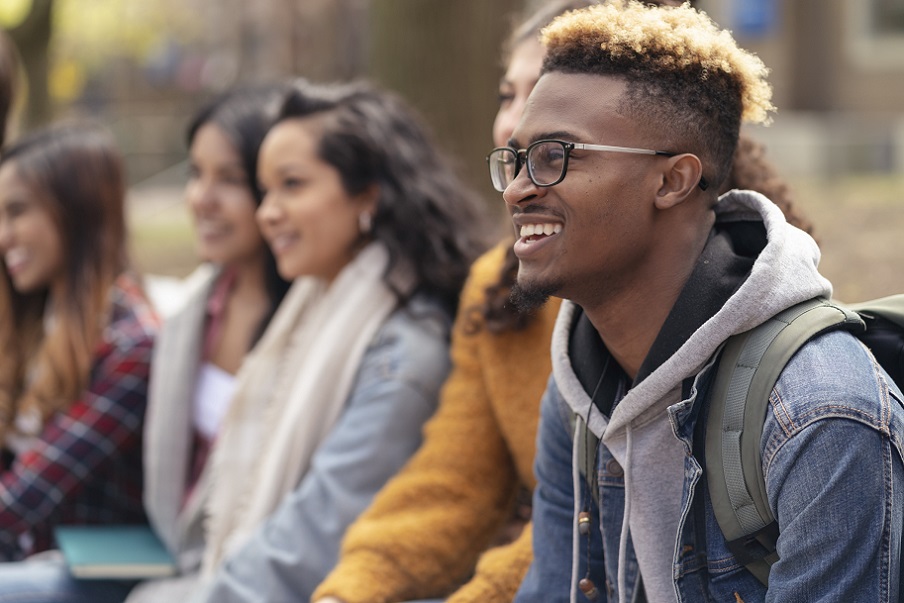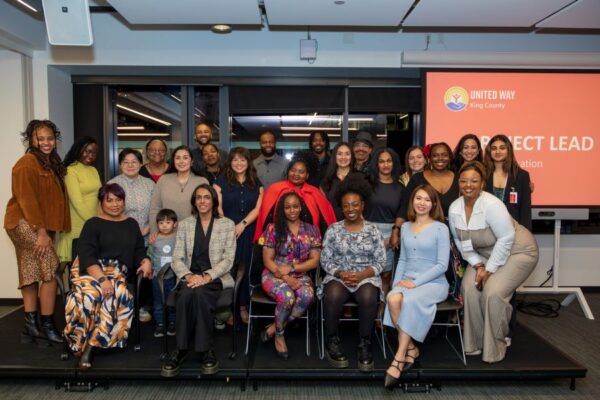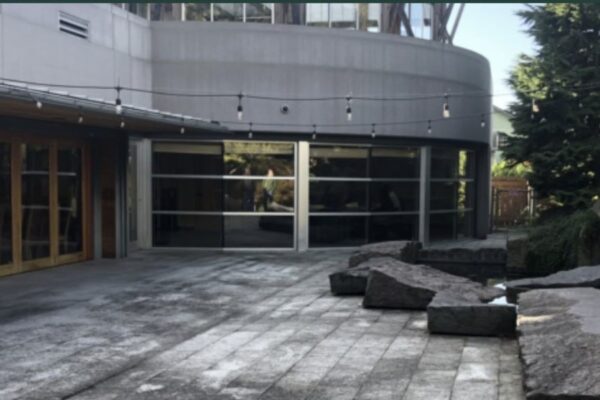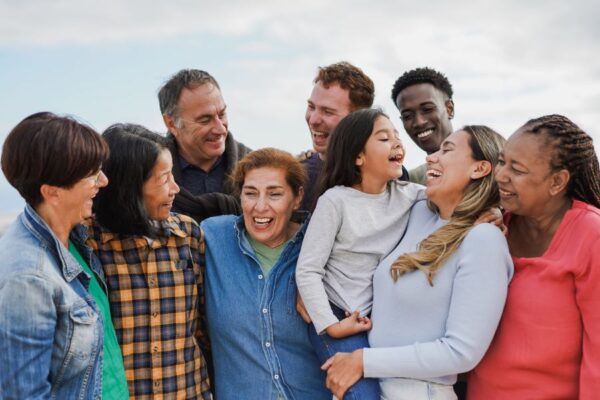Racial Equity Coalition Research Probes Success Among BIPOC Youth
The narratives are all too common: BIPOC youth are far less likely to graduate and are disciplined at higher rates than their white counterparts. King County is no exception, but here BIPOC organizations are using community-based approaches rooted in cultural identity for better outcomes. And not only are they making strides to close the disparities among BIPOC youth, but they’re generating better outcomes for all youth, regardless of race.
At the heart of that success is the Racial Equity Coalition (REC), a self-formed group of 14 BIPOC organizations funded by United Way of King County. Geared toward creating an education system that works for all youth, the REC conducted a community-based participatory research study to probe ways it has succeeded that mainstream education systems have not. We asked Alice Park, a United Way community impact manager, to discuss the recently released report summarizing the research findings.
United Way: What was the purpose of the participatory research?
Alice Park: The purpose of the research was to understand the impact of BIPOC organizations and why they are uniquely poised to improve outcomes for BIPOC youth, including and not limited to increased graduation rates. Previously, we had data showing BIPOC organizations not only had better outcomes for youth of color, but they also had better outcomes overall compared to mainstream organizations. That is amazing in a way because these organizations have small organizational budgets compared to mainstream organizations.
What is not surprising is that these organizations are so close to the youth they serve. They are from the same culture and communities, so it’s not surprising that their approach works so well for these youth. We wanted to find out in the research what is it that they do; how is their approach different from the mainstream that makes them so effective? That was one piece of the research.
United Way: How have the organizations themselves benefitted from REC?
Alice Park: That is the second piece of the research. REC felt it was important to document why they felt the need to form this coalition, which was to fill a void of youth advocacy from a BIPOC perspective. Organizations recognized common challenges faced as BIPOC organizations and the benefits of a coalition to advocate for resources for all BIPOC communities—and, in particular, for fundamentally changing the systems that create disparities. An additional benefit was the strength of relationships, again recognizing common challenges as executive directors of color and having a network to support one another.
And the final piece of the report outlines next steps, offering lessons learned and recommendations for funders, community organizations and other stakeholders.

United Way: What is it about their approach that makes it work so well?
Alice Park: Some of the things that came up were the importance of BIPOC organizations: They are of the community and for the community. They know firsthand the issues, and they have relationships with the communities. And they’re not just doing whatever they think is best. They are directly accountable to the youth, their parents and the communities they serve. So, they have to do well by these kids, or everyone is going to come knocking on their doors.
The other thing that the research revealed is just how efficient, effective, nimble and innovative these organizations are. And that was revealed more so as we did this research in the context of COVID. They had to be nimble and responsive just to respond to the impacts of the pandemic. For example, during the pandemic there were a lot of needs happening in the community. And these organizations, who had all the relationships, knew where everyone was and were so efficient in getting all the resources out to everyone in their networks. They are able to pivot immediately as emerging community needs come up.
Also, racial justice is a core value by which all these organizations operate, and they center it throughout their organizational processes. They truly live by their values, so not surprisingly, their youth work often centers around organizing and advocacy work. They want youth to know that even though the education system was not created for BIPOC youth to succeed, youth can learn the skills necessary to navigate the current system while working toward reform.
United Way: We know that they also employ positive cultural identity approaches to their work. Talk about that.
Alice Park: These organizations recognize that positive cultural identity is central for social/emotional development of BIPOC youth. They are purposely trying to decenter white dominant culture for these youth. They approach these youth from very strength-based perspectives. They talked about how in the mainstream society these BIPOC youth feel really looked down upon. They know that the youth inherently have wisdom that was passed down from their elders, so they see power, potential, promise and bright futures. This type of power-building work with the youth, where they are becoming powerful change agents and are giving back to their communities, leads to sustained engagement and long-term impact for these youth well beyond school.
United Way: In addition to youth, how does REC serve the entire community?
Alice Park: They conduct the whole gamut of human services. We’re funding them for youth development, but they’re doing housing, employment, workforce development, criminal justice diversion. They take care of all the needs of the youth and their families. They have a very holistic view, considering the whole family in their work.
To download the report, click here.





Comments